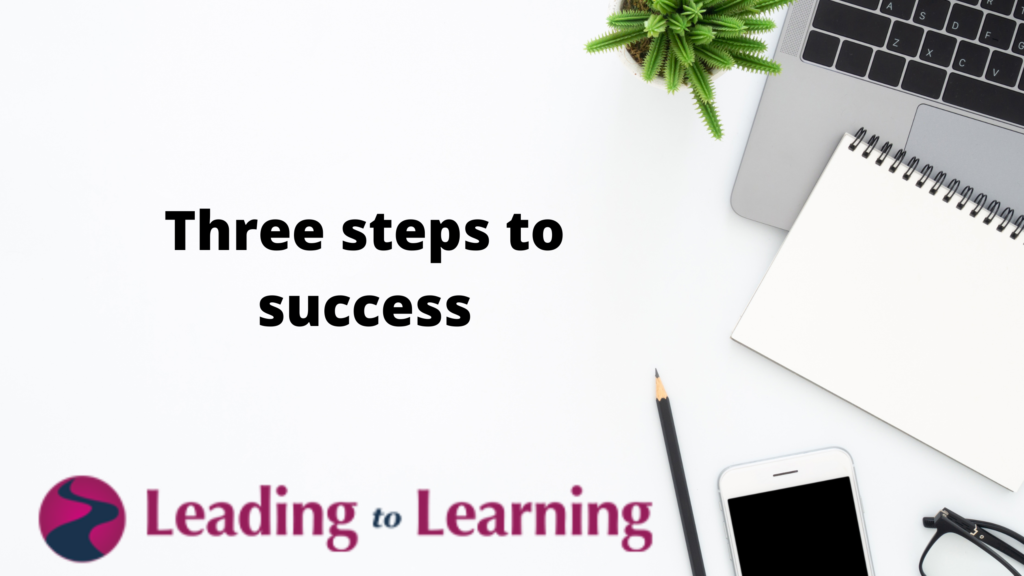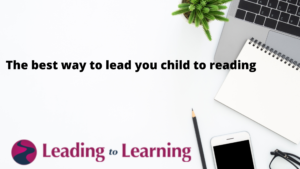Patricia’s 6 year old son was lively and had many friends but he didn’t like school. Each morning he hated having to get ready for school. Patricia checked for the usual suspects – was he being bullied? – did he dislike his teacher? – was he lazy? – but nothing seemed to fit the bill.
Fortunately for Josh his mother didn’t give up. She went to the school and told the teacher of her concerns and asked for advice. Josh’s teacher then told Patricia that she had noticed that Josh avoided any activity that involved reading and writing. She had assumed that this was developmental stage and that Josh would grow out of it.
Now Patricia was really worried and asked that Josh be assessed for possible learning problems. Thankfully she rejected the teacher’s belief ‘he will grow out of it’ and pushed for an assessment. It took a while but Josh got his assessment and Patricia and his teacher were told that he had severe dyslexia – he couldn’t make sense of letters on the page.
Josh had to work harder than most children to learn to read and write but, with extra support and perseverance he ended up with a Ph.D.
I love hearing stories like this. Stories with a happy ending after overcoming many hurdles.
But it could so easily have had a different ending. If Josh had not been diagnosed as having dyslexia and had not had extra support from the school and encouragement from his parents he would have ended up failing school, feeling bad about himself and maybe getting involved in gangs and drugs.
What made the difference? His mother made the difference. She was the one who trusted her instincts and pushed the school to uncover his learning issues. She was the one who asked for extra support in school (he was placed in a class with a specialist teacher). She was the one who helped him persevere through all the difficulties he faced.
Without her advocacy Josh would just be another statistic, another school failure.
This true story reminded me of why I do this work. Why, after a full career as a schoolteacher I still continue to work with parents, to remind them that they have a vital role to play in helping children succeed in school and in life.
Yes, I know that schools and teachers have an enormous role to play in helping children learn and do well in school but they cannot do it alone. Children need support from both a caring teacher and a loving parent. Every teacher knows that kids with supportive parents do better in school than those without.
But what kind of support can parents offer? What type of support makes a difference in a child’s learning life? The pat (?) answers in the literature – read with your child, help with homework, get involved with the school, – all worked but only address the tip of the iceberg.
What do parents of successful kids do that helps their children ace schooling?
It took me seven years to find out. And what I learned changed my life and can change yours too.
Parents make the difference between a child who becomes a good learner and one who struggles to learn and they can do it in simple, stress free, fun loving ways.
No more hours helping with homework, only to do it all again the next day. No more sleepless night worrying whether your child will get into a good college. No more worries about whether he or she will get a good fulfilling job.
Just three simple steps that guarantee you are giving your child the support he or she needs to succeed. Here they are.
Step 1. Decide
Decide that you are going to get your child the support he or she needs to succeed in school.
Step 2. Discover
Discover exactly what type of support your child needs. Discover how lack of a basic learning skill can prevent your bright child getting the grades he or she is capable of getting.
Step 3. Deliver
When you know exactly what type of support your child needs find ways to deliver that support, ways that are proven, practical and stress free.
That’s what Patricia did. And without her help Josh would not have survived to become the highly educated, successful university teacher he is today.
Parents make the difference. YOU make the difference. What is your next step going to be?






